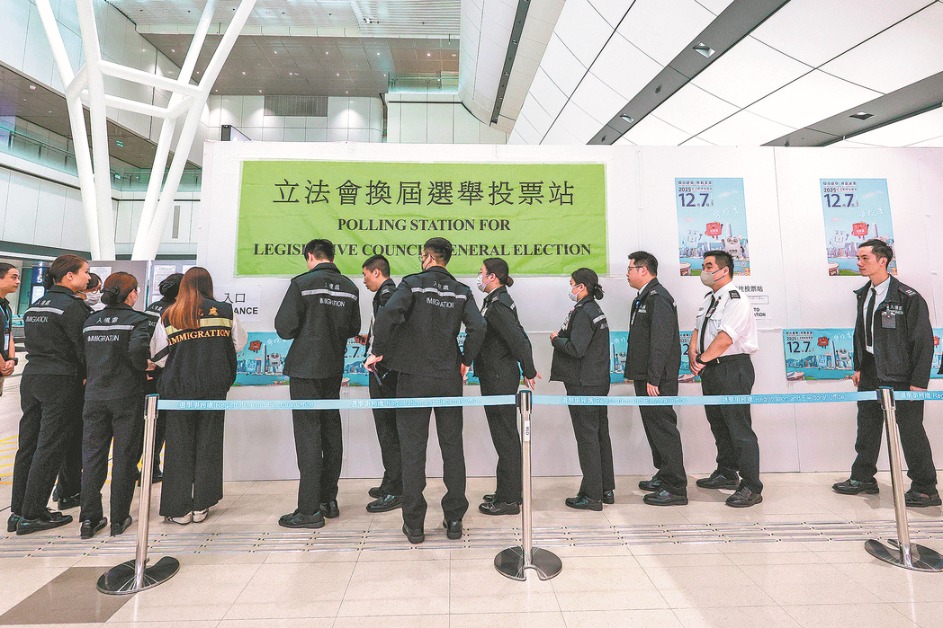Black Hole image ownership triggers heated debate
By Zhang Yangfei and Cao Yin | China Daily | Updated: 2019-04-22 02:36

On April 15, the Shanghai Observer reported that the company, which was founded in June 2000 and partners with the photo agency Getty Images in the United States, had faced increased copyright-related disputes since it set up a special rights protection division in 2016.
The company was involved 2,279 cases in 2017 and 1,908 last year, the report said, adding that most court rulings had been in its favor.
A search by China Daily for the company's name on China Judgments Online, a website operated by the Supreme People's Court that discloses verdicts, resulted in more than 1,600 lawsuits being found, most of them related to copyright.
In April 2017, for example, the company took technology giant Tencent to court and asked for 180,000 yuan in compensation after Tencent used nine Visual China Group images without permission, Beijing Youth Daily reported.
Tencent said the images involved could also be found on other websites, or the company could not prove it had authorization for the photos. The court finally ordered Tencent to pay 40,000 yuan to Visual China, the report added.
Wang Weiwei, a lawyer from the Beijing Zhongwen Law Firm, said, "Mushrooming copyright-related disputes can be acceptable if a stock-image agency, such as Visual China Group, gets authorization for images from copyright owners.
"Any litigation caused by true copyright infringement is no problem and is justified, as it is also to help protect the legitimate rights and interest of the copyright owners," he said.
"But if the stock-image platform doesn't get authorization but still asks for compensation by resorting to litigation, I think such behavior may be an alleged fraud," he said.
The core of the problem lies in whether stock-image providers get authorization from copyright owners, he added.
Zhao Zhanling, a legal researcher who specializes in intellectual property cases at the China University of Political Science and Law, agreed, but said copyright owners and institutes given copyright authorization should respect this right and not abuse it for gain.
He said stock-image companies need to make authorization a priority in their operations and pay more effort to finding a balance between commercial interest and public interest.
The litigation right that is to safeguard copyrights must not be abused, he added.
























